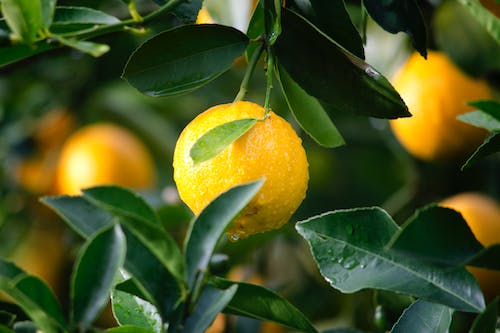The Valencian Association of Agricultural Producers (AVA-ASAJA) has issued a message aiming to prevent panic in the citrus sector in the face of the imports of Egyptian oranges into the European market. The agricultural organization said that the news published in the media and the fewer number of buying and selling operations taking place in recent days are “raising concerns” among Valencian producers, but is urging them to “stay calm, based on objective arguments in the current citrus campaign.”
AVA-ASAJA recalled that, at this time of year, “it is normal for there to be a slight slowdown in the purchases of Navel oranges, because Christmas, the period when the international demand in the sector peaks, has just been left behind, and during the first few first weeks of the year there is usually less commercial activity. There are still more than three months of campaign ahead for these orange varieties, since they can be harvested until April, so there is still plenty of time to close sales.”
“Also, after being consulted by AVA-ASAJA, top-level traders strongly focused on product quality report that they are not going to trade with oranges from Egypt because, although their fruits may have a good external appearance, their organoleptic qualities, and especially their taste, are worse, since their sugar-acidity ratio is not optimal.”
Regarding prices at origin, AVA-ASAJA says that citrus fruits intended for the fresh market, “will not suffer decreases, in a scenario in which the juice industry is keeping the prices it pays to producers at record high levels, due to the supply shortages in Brazil and the United States as a result of the impact of the Huanglongbing (HLB) disease. Even if there are fewer operations, prices cannot fall below those offered by the juice industry.”
Therefore, AVA-ASAJA is asking citrus growers “not to panic, assuring that they are not in a hurry to sell their productions, and that prices should be set at a high enough level to cover the production costs. The production shortages in Spain, together with the lower gustatory quality of Egyptian oranges and the record prices in the juice industry are all creating a favorable scenario for producers.”
For more information:
Ava-Asaja
www.avaasaja.org/ Freshplaza


